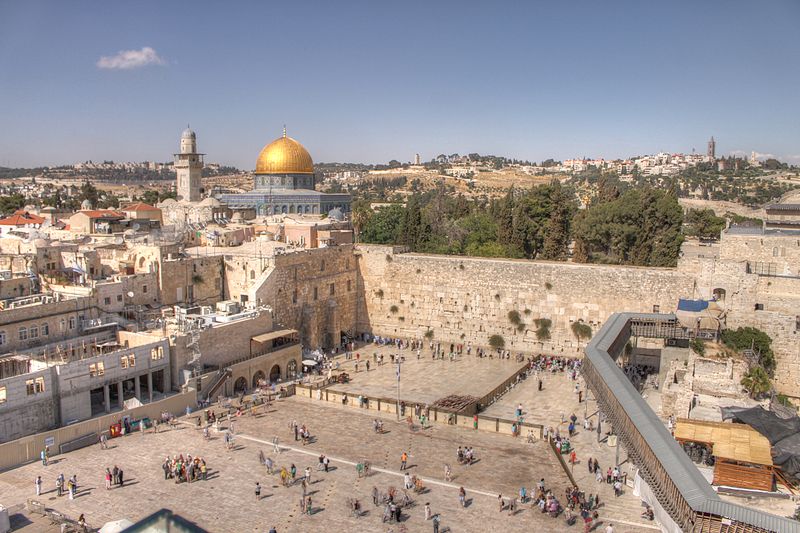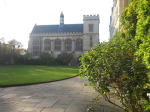
The holy site in Jerusalem that is sacred to both Muslims and Jews has once again been the scene of violence, with Israeli police clashing with Palestinian worshippers inside the al-Aqsa
mosque. The latest round of unrest is happening at a time when tensions are already running high in the occupied West Bank and East Jerusalem. The al-Aqsa Mosque compound, also known as the Temple Mount, is the third holiest place in Islam and the holiest site in Judaism.
In the past, the compound has seen many clashes between Palestinian worshippers and Israeli security forces, triggering wider unrest. In May 2021, an Israeli raid at the site led to an 11-day conflict between Israel and Hamas, the Islamist militant group that governs the Gaza Strip. Last year, when the Islamic holy month of Ramadan coincided with the Jewish holiday of Passover, there were violent scenes as Israeli police cleared the courtyard to escort Jewish visitors into the compound.
This year, Ramadan and Passover overlap again from Wednesday evening, and the next two weekends also mark Easter for Western and Eastern Orthodox churches. All of the festivals draw more religious visitors to the Old City, including some 60,000 tourists who are due to arrive in Israel this week, according to official figures.
In recent days, there has been a festive atmosphere at the gates of Jerusalem's Old City. Palestinians have been pleased with the huge turnout for prayers on the second Friday of Ramadan, with some 250,000 people attending, according to the Islamic Waqf, which administers the site. Israeli authorities allowed some 70,000 Palestinians to enter Jerusalem from the West Bank. Thousands of Christians also gathered for Sunday's Palm Sunday procession from the Mount of Olives.
However, Hamas called for worshippers to seal themselves in al-Aqsa mosque to stop a plan by Jewish extremists to sacrifice a goat for Passover at the hilltop site, resurrecting a biblical tradition. Clashes began after a few hundred Palestinians barricaded themselves in the mosque after Ramadan prayers. Israeli police cleared most of them out, but dozens remained inside. The police claimed that what ensued was a "violent riot" by "lawbreakers and troublemakers" who desecrated the mosque.
Palestinian leaders condemned the Israeli attacks on worshippers as a crime, saying a "red line" had been crossed. Militants in Gaza responded by firing rockets at southern Israel, prompting Israeli warplanes to bomb sites there linked to Hamas. Jordan and Egypt, both involved in recent Washington-backed efforts to de-escalate tensions between Israel and the Palestinians, were also highly critical of Israel's actions.
The site has long been a point of contention between Muslims and Jews, and the overlapping religious holidays only serve to raise tensions further. The situation is complicated by political and historical issues, and neither side appears willing to give an inch. The latest clashes serve as a reminder that the situation in Jerusalem is still volatile, and that any spark can ignite violence at any time. Photo by Yourway-to-israel, Wikimedia commons.








































